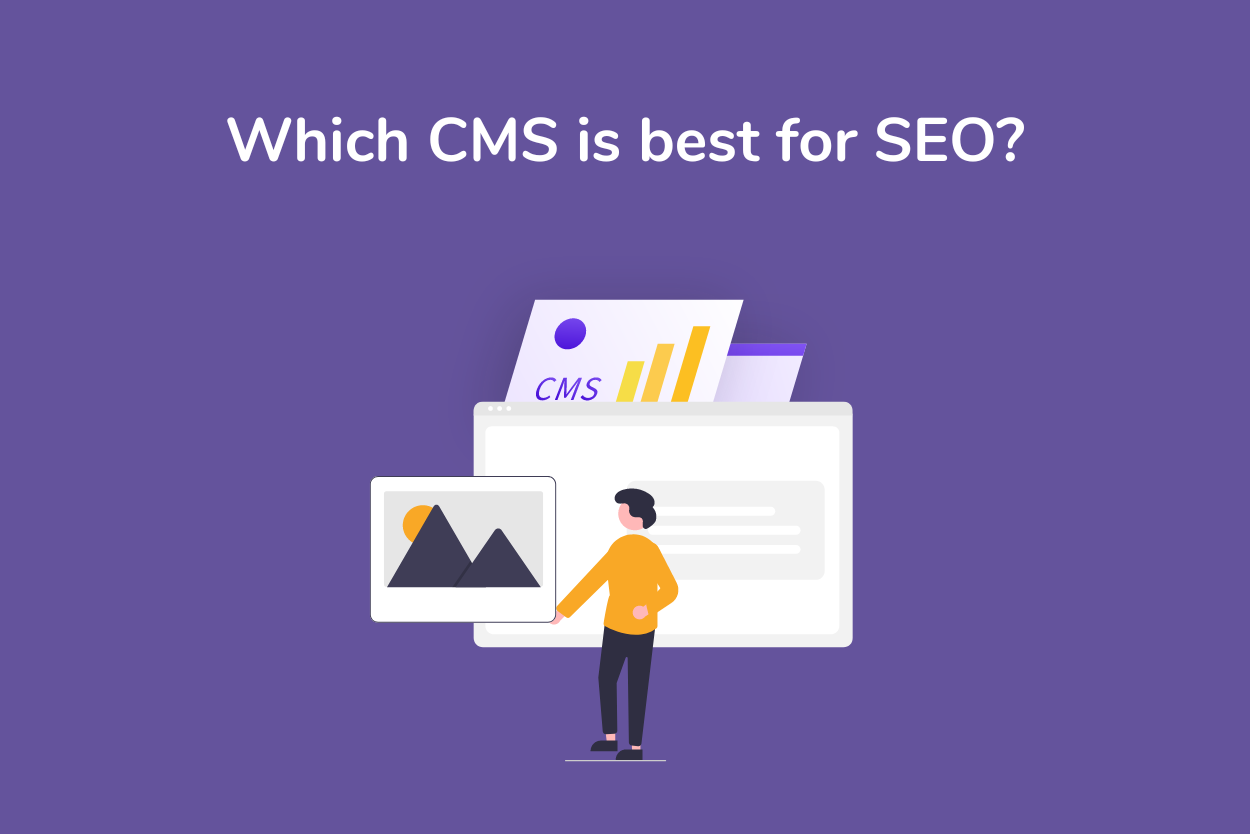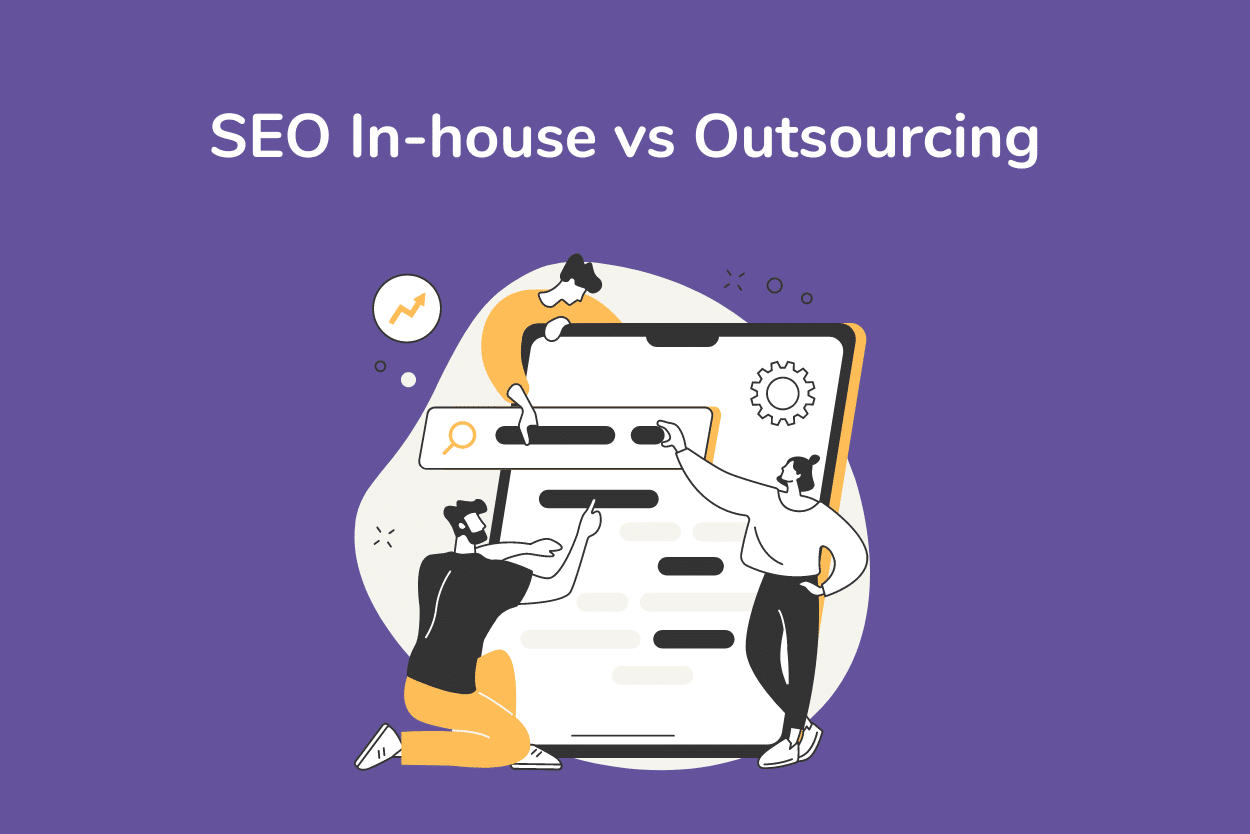
It’s hard to overestimate the role of visibility in search engines within a competitive SaaS market. Given hardcore competition for organic search traffic, where only 0.0008% of keywords gain more than 100,000 average monthly searches, effective keyword research becomes a must.
It will help SaaS companies in search behavior, targeting the right keywords, and creating high-ranking content.
This step-by-step guide includes the basics of keyword research for SaaS, what it is, the methods, and common mistakes to avoid. Confidently Ranking: It will equip you with increasing search rankings and drive more relevant traffic to your website.
What is SaaS Keyword Research?
SaaS keyword research is the work done based on customer search requests. It involves identifying and analyzing the expressions of search that potential customers use when looking for SaaS products and services. At its core, this is getting to understand the needs and particular queries your target audience has and finding the keywords that will help your content remain at the top of the SERPs.
Why Do SaaS Companies Need Keyword Research?
It becomes quite important for a SaaS company to do keyword research in order to realize exactly which search terms their potential customers are using. Such a target approach increases organic traffic by way of relevance and user intent—therefore, higher engagement and conversion rates.
In addition, keyword research identifies market gaps and opportunities for SaaS companies looking to outclass rivals in search engine rankings. It is also the backbone of a very effective SEO strategy that will improve overall performance on search engines and help attract and retain a qualified audience.
All in all, in the process of effective keyword research, a SaaS company can grow its business to link up with the right consumers through relevant and good-quality content.
7 Effective Methods for SaaS Keyword Research
Effective keyword research for SaaS has to be thoughtfully combined using different approaches and tools in pursuit of finding the most relevant and maximum-potential keywords. Here are some tested ways to boost your SaaS keyword research:
1. Focus on Long-Tail Keywords:
Long-tail keywords are targeted by using a specific expression or term resulting in less competition. So, in many cases, their conversion rate comes out higher. This helps businesses target users with explicit intent, such as “best project management software for small teams.”
2. Understand User Intent:
Distinguish between informational, navigational, and transactional keywords to develop content in alignment with the user’s intentions. For example, all queries like “how to use a CRM” are informational in search intent, while “buy a CRM” is transactional in intent.
3. Use Keyword Research Tools:
Other tools to find related keywords include Google Keyword Planner, Ahrefs, SEMrush, and Moz. Look at the volume of research and competition as a way to find keyword gaps with these tools. They will show precisely what your audience is looking for.
4. Analyze Competitors:
Look at your competitors— there’s a lot to learn from them. Look for keyword opportunities and Missing content in your strategy. Ahrefs, SEMrush, are tools that will show you what keywords your competitors rank for, finding that untapped set of keywords.
5. Content Gap Analysis:
Identify topics your competitors haven’t touched on very much or at all. Such content will enable you to capture an underserved segment of the market, hence driving more traffic to your site.
6. Monitor Industry Trends:
Keep up to date with all the latest trends and developments in your line of business. Trends can uncover newer opportunities for keywords that are timely and relevant, thus placing you at an advantage over others.
7. Customer Feedback and Queries:
Listen to questions and feedback from your current customers. This will give you an idea of the kind of keywords and phrases they use to enrich your strategy.
How to Get the Top Spot in Search Results with Keyword Research
Getting to the very top of SERPs is not an optimize-and-see type of task; instead, it requires a holistic approach toward search engine optimization. First, create high-quality content that’s valuable, informative, and engaging, making sure it directly hits users’ queries.
Use on-page SEO methods to optimize the content by putting targeted keywords at appropriate places, such as titles, headings, meta descriptions, and URLs. You can even gain much higher domain authority and credibility by casting quality backlinks from other good sites.
Don’t forget technical SEO: ensure that the website is fast, mobile-friendly, and straightforwardly navigational to give it the best user experience—youthful search engines look for these. Identify these approaches that can help one win the top spot in search results to drive higher traffic and accomplish better engagement and conversion intelligence.
4 Common Mistakes B2B SaaS Companies Make in Keyword Research
By avoiding these common mistakes, you will be more satisfied with your keyword research efforts:
- Ignoring Long-Tail Keywords: This could mean the waste of competitive, less efficient efforts on broad, high-volume keywords.
- Not Considering User Intent: The consideration of keywords alone, outside the understanding of the user’s intent, will result in irrelevant traffic.
- Neglecting Competitor Analysis: Failing to analyze competitors can result in missed opportunities.
- Overlooking Keyword Grouping: If the keywords are not organized, they may disintegrate into scattered content and poor SEO performance.
How to Organize Keywords for Better Use
Effective keyword organization in optimizing SEO strategy empowers relevance in content. Organize your keywords under common themes or topics that give you more focused and coherent content.
Classify these groups as informational, navigational, or transactional to make sure that the content serves all your audience’s needs. Map keywords in such a way that each keyword group will equate to pages on your website, guaranteeing every single piece which is created serves a purpose and target.
A structured approach not only improves your website’s SEO by letting search engines machine-easily understand and index your content, but it also users’ experience by providing them explicit and relevant information that answers exactly what they searched for. After all, good structuring means better keywords, so more effective planning of the content toward better rankings at search engines and higher engagement.
How can Agencies help with Keyword Research?
You may want to collaborate with an SEO agency that will use all skills, tools, and subsystems to help in your keyword research in promoting your online presence. Here is how an agency can help with keyword research:
Expertise and Experience: SEO companies have previous experience with many industries, such as SaaS. Their expertise in being able to find the best relevant keywords for your business can be invaluable.
Advanced Tools and Technologies: More advanced keyword research tools like Ahrefs, SEMrush, and Moz can be utilized by an agency, which gives in-depth data and insights that could prove quite costly for individual businesses to acquire.
Comprehensive Market Analysis: An agency will go ahead and ensure a comprehensive market and competitor analysis to understand the keyword landscape, let alone identifying gaps and opportunities that exist, hence helping zero in on those keywords your competitors may be overlooking.
User Intent Analysis: The key to great keyword research lies in understanding the intent of the users. Agencies check on user behavior and search patterns so that your keywords are relevant to what potential customers would be looking for, whether information-seeking, navigating, or transactional queries.
Content Strategy Development: Based on keyword research, agencies can help you develop a content strategy that targets the right keywords and topics. This ensures that your content is optimized for SEO and resonates with your audience.
Continuous Monitoring and Optimization: Building off of this, after conducting keyword research, an agency would be in a position to help you develop the content strategy with regard to targeting the right keywords and topics. This ensures that whatever is penned down focuses on SEO but interests your targeted readers as well.
SEO has become a continuous process. The agencies will continuously work upon monitoring the performance of your keywords and will make any required adjustments in your strategy.
Saving Time and Resources: Outsourcing the same to an agency would keep you free to deal with other critical issues of your business while at the same time, you are certain that your SEO work is in good hands.
Best Keyword Research Tools for SaaS
Selecting proper keyword research tools is the crux of creating a successful SEO strategy for a SaaS company; these are some of the best tools that help in identifying high opportunity keywords in optimizing SaaS company content:
- Google Keyword Planner

Free tool from Google that gives more keyword ideas based on search volume and competition data; it’s hence great for finding high-potential keywords to use in your SaaS business.
- Ahrefs

It is a favorite for many users due to the large, detailed keyword data it provides, and Ahrefs boasts an expansive set of tools to enable their users to gauge keyword difficulty, search volume, and competitor analysis. This enormous database supports discovery of long-tail keywords and content gaps.
- SEMrush

SEMrush is an all-in-one SEO tool that offers detailed keyword research features, including search volume, keyword difficulty, and competitive analysis. It also provides related keywords and trending topics.
- Moz Keyword Explorer

Moz has a strong keyword research tool that spells out with keyword suggestions by search volume and difficulty scores. This helps to find the best keywords for your content strategy and set them in order of priority. Effective keyword research is the foundation on which a successful SaaS company lays the base for an SEO strategy.
Conclusion
Effective keyword research is the foundation on which a successful SaaS company lays the base for an SEO strategy. In other words, it helps you create near-perfect content relevant to the search behaviors of your target audience so that it attracts organic traffic, engages, and eventually converts visitors into customers.
From the selection of the right keywords to their grouping into meaningful clusters, avoiding common mistakes is very pivotal in building your online visibility and competitiveness. At the same time, deploying these strategies will mean SaaS companies can improve search engine rankings, user experience, and growth—sustained over what has turned out to be a rather competitive market. Feel the power of keyword research and drive your SaaS business forward by connecting with your audience on meaningful levels.



